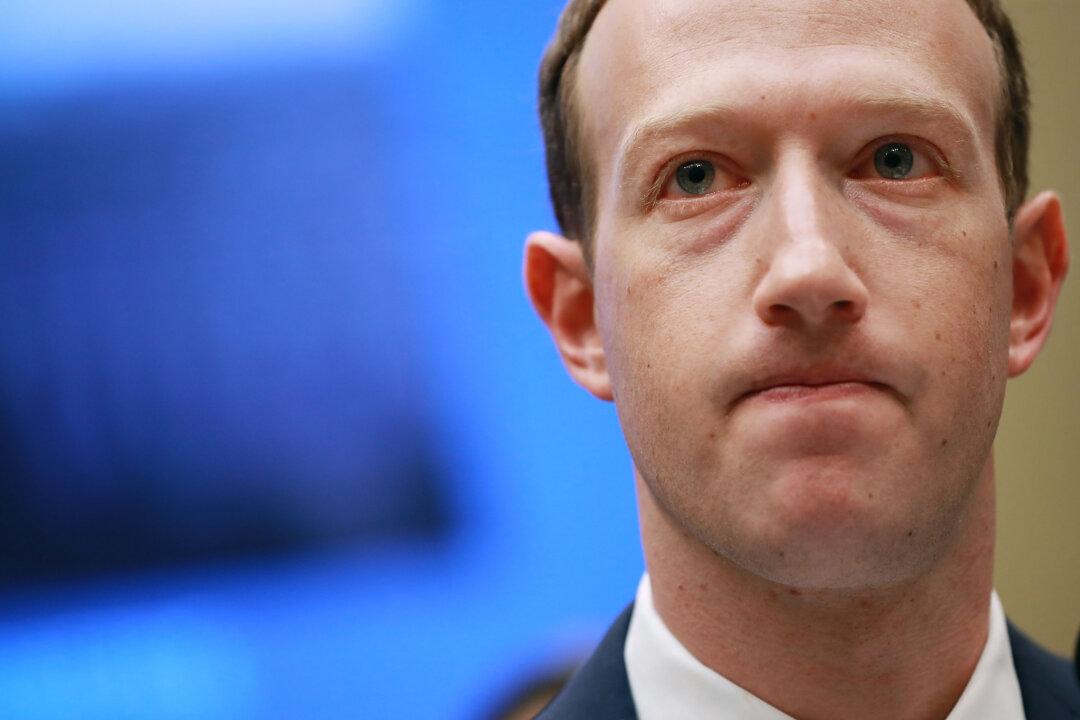Pennsylvania has banned public officials from receiving and using private election grants, including those from nonprofits, in a bid to boost election integrity by reducing outside influence.
As of July 2022, over 20 states have passed laws banning or restricting public officials’ use of unregulated third-party monies when conducting elections. It comes after conservative analysts contend that such funds—dubbed “Zuck Bucks”—were allegedly strategic in their placement in swing states, beefing up vote totals in 2020 for then-presidential candidate Joe Biden to eventually win the election.




